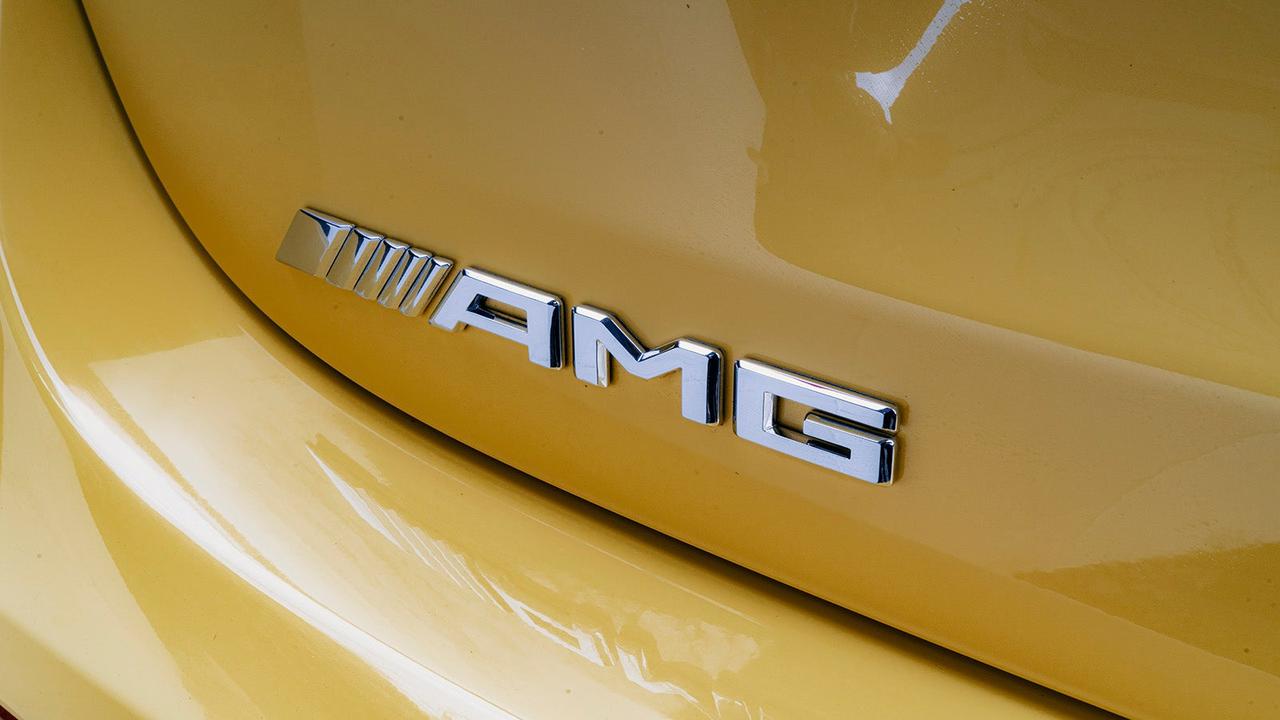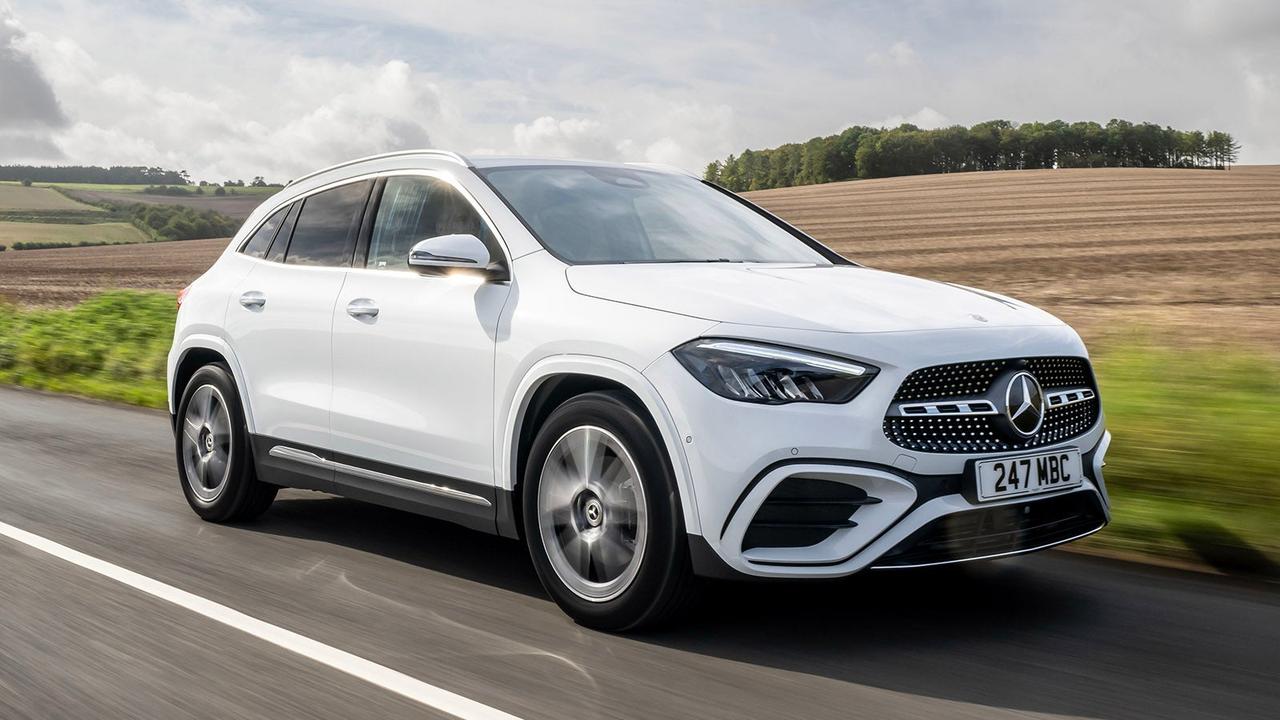Mercedes AMG is the company's sporty sub-brand.
It includes 'proper' AMG models, which have overpowered engines and a laundry list of high-performance parts for serious track driving.
You'll also find AMG Line cars. This is a trim level for Mercedes' regular models, giving them the styling and sporty attitude of full-fat AMG models, but without the fire-breathing performance and eye-watering costs.
What does AMG stand for in a Mercedes?

AMG stands for Aufrecht, Melcher and Großaspach. Aufrecht and Melcher were the engineers who founded the company, and Großaspach being the former's birthplace.
The company began by building racing engines in 1967, then moved into developing high-performance upgrade packages for a range of Mercedes cars through the '70s and '80s.
In the 1990s, Mercedes took progressively more ownership of the company and started selling AMG cars through its dealership network. It took a controlling stake in 1999 and AMG has effectively been an official Mercedes sub-brand ever since.
What does Mercedes AMG mean?

Mercedes AMG cars are heavily upgraded compared to 'normal' Mercedes models. AMGs always have massively powerful engines, which are usually oversized and turbocharged, and will easily cost you a driving licence if you get too throttle-happy.
AMGs will usually have unique bodywork too, with aggressive bumpers and blistered wheelarches housing massive alloy wheels. There'll also be a host of upgrades you won't see like beefy brakes, enhanced sports suspension and high-performance automatic gearboxes.
What is Mercedes AMG Line?

AMG Line is a trim level offered on regular Mercedes models. You get styling that mimics the look of proper AMG cars, but without the big engine and high-performance parts. That means the purchase price and running costs are much closer to a regular Mercedes, but you still get the sporty AMG style.
In the UK, AMG Line is so popular that it's actually the entry-level trim for some models – like the C-Class – with no lower-grade version available.
Mercedes AMG vs Mercedes AMG Line vs normal Mercedes
This table summarises the key differences between Mercedes AMG, AMG Line and regular Mercedes models:
| Mercedes AMG | AMG Line | Normal Mercedes | |
| Engine | Ultra-high-performance petrol and PHEV options | Regular petrol, diesel and PHEV options | Regular petrol, diesel and PHEV options |
| Gearbox | Upgraded high-performance automatic | Normal automatic and manual options | Normal automatic and manual options |
| Suspension | Upgraded high-performance suspension | Lowered suspension | Normal suspension |
| Chassis | Strengthened chassis | Normal chassis | Normal chassis |
| Styling | Unique AMG bodywork and wheels, wider wheelarches | AMG Line body kit and wheels | Normal styling |
| Interior | AMG performance seats | Sports seats | Standard interior |
| Price | Expensive – often double the standard price | Around £2,000-£7,000 more than standard | Standard pricing |
| Running costs | Very high | Normal Mercedes running costs | Normal Mercedes running costs |
What Mercedes AMG models are there?
Here are all the Mercedes models with the full AMG treatment:
- Mercedes A-Class – A35 and A45 S
- Mercedes CLA – CLA 35 and CLA 45 S
- Mercedes CLE – CLE 53
- Mercedes C-Class – C43 and C63 S
- Mercedes E-Class – E53
- Mercedes EQE – EQE 43 and EQE 53
- Mercedes EQE SUV – EQE 43 and EQE 53
- Mercedes S-Class – S63
- Mercedes SL – SL 43, SL 55, SL 63 and SL 63 S
- Mercedes GLA – GLA 35 and GLA 45 S
- Mercedes GLB – GLB 35
- Mercedes GLC – GLC 43 and GLC 63 S
- Mercedes GLE – GLE 53, GLE 53 Hybrid and GLE 63 S
- Mercedes GLS – GLS 63
- Mercedes G-Class – G63
- Mercedes AMG GT and AMG GT 4-Door – GT 43, GT 55, GT 63, GT 63 S and GT 63 S Hybrid
- Mercedes AMG One
Save thousands on a Mercedes
Browse a huge selection of nearly new and used Mercedes cars at Motorpoint. To find out what these cars are like on the road, check out our Mercedes car reviews.



































